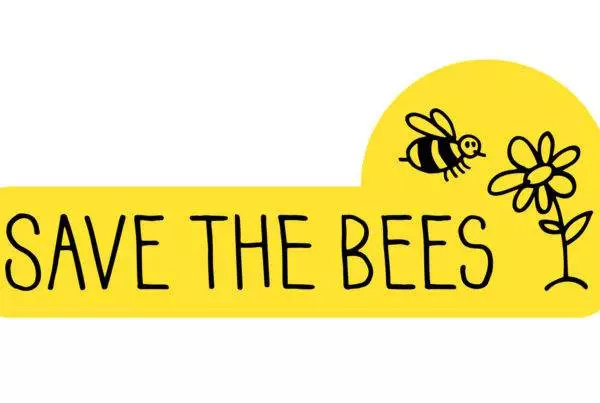Planning Your Week
Planning can be overwhelming especially as a first-year teacher. While learning the expectations of your school division and school, you’re also establishing expectations in your own classroom. What kind of routine do you want your students to get in? By planning a week at a time, you will save yourself from sitting down after a long day, wondering where to take your students the following day. Student interests can no-doubt guide your teaching, but having a good idea what your week-to-week looks like, will ultimately provide your students with clearer goals to reach.
First, decide what weekly assessments you would like to do. This might be a short math quiz, grammar lesson (English or French), or content review for science or social studies. If you know what assessments you will want by the end of the week, you can help your students be prepared for them. What you teach and what they practice all week, will be geared towards those assessments. Students will also know in advance what their weekly concepts are and have the time to practice it throughout the week. This is also a great way to keep parents in the loop to support their kids at home.
Next, think about a project that will get students excited to come to school. This project can last one-two weeks and you might choose to give students time to work on it every other day. Design your project to attain learning outcomes for several subjects. For example, if you are teaching Canadian History, social studies can be the content of the project. However, don’t be afraid to grade their grammar and art skills demonstrated as well. By planning out the project and having an established due date, you can then break down how much of the project students should be getting done each working block. Small achievable goals will lead to success for students. Having a fun project on the go allows for students to get creative about their learning. They will be asking you when they can work on it!
Furthermore, organize your science for the week. You will likely be teaching scientific inquiry or doing a process of design with your students. In either case, you’ll want to plan when you’ll do this, where you’ll do it, and what you need. Often materials can be found around the house, or collected from the recycling if you’re paying attention. Having your projects in mind will give you time to either grab what you need the next time you run to the store, or ask students to bring recyclables from home. Giving students notice will give them a chance to collect what they need from home. Other materials for science may already be purchased and stored at your school. Ask a teacher who has been there a while; you might hit the jackpot.
Lastly, if you’re wanting to mix in videos for students to have visuals, it’s a good idea to find the videos you need and favourite them. Rushing to find relevant videos can easily lead to a failed lesson. But a good video goes a long way. Having the videos you plan on using for the week will eliminate one more panicked morning.
Now you can roll in Monday morning with your favourite hot beverage knowing you have planned purposeful lessons, exciting projects, and meaningful assessments. Enjoy the week with the students while thinking about your next steps for their learning.











Recent Comments